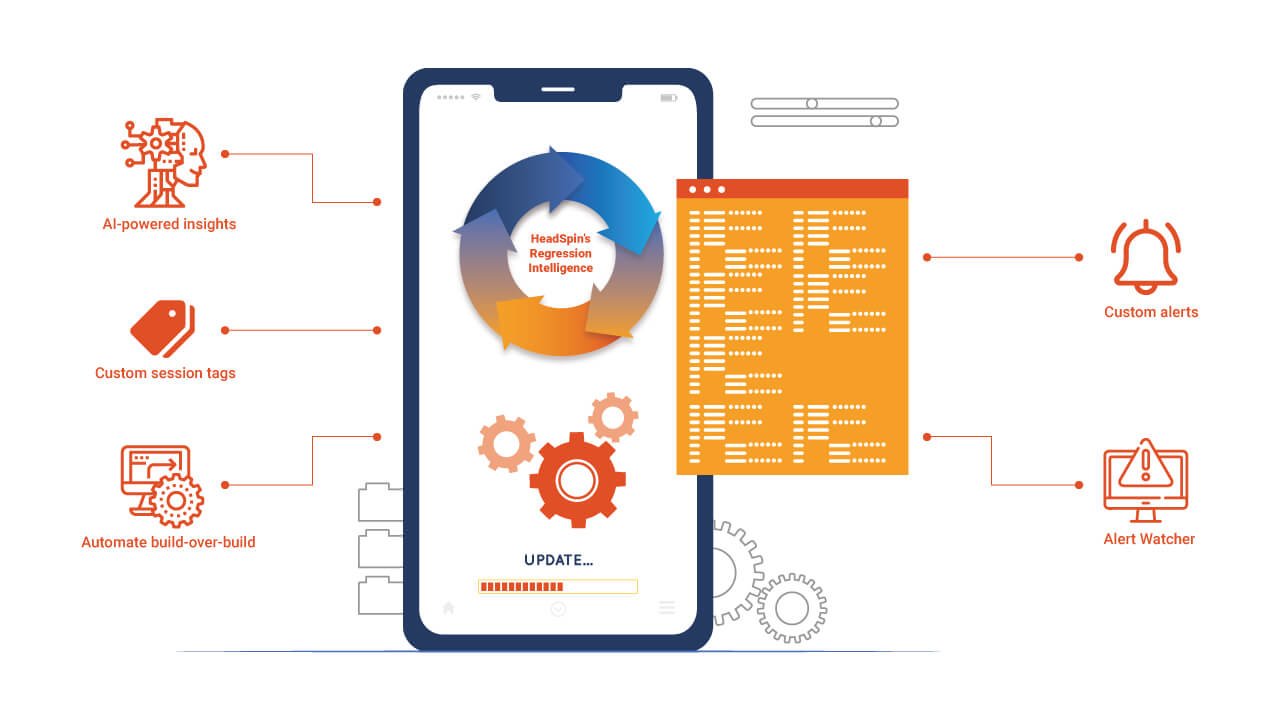EDUCATION
The Essential Guide to iOS Testing Frameworks
iOS Testing Frameworks Mobile applications have become an integral part of our daily lives. Whether it’s social media,

Mobile applications have become an integral part of our daily lives. Whether it’s social media, online shopping, gaming or productivity apps, we rely on our iOS devices for countless tasks throughout the day. With this level of dependence on apps, it is crucial for developers to implement robust testing to ensure a smooth user experience. This guide will explore some of the most popular and effective iOS testing frameworks available.
Unit Testing
Testing individual app components separately from the rest of the program is known as unit testing. This makes it easier for engineers to pinpoint the exact source of problems and issues. Apple’s built-in unit testing framework for iOS, macOS, and tvOS is called XCTest. It makes it possible to test particular classes, functions, and methods independently of other app components. Assertions are provided by XCTest to verify anticipated outcomes and behaviours. Organization of test cases, test skipping, and report generation in Xcode are a few important features. Quick is a well-liked alternative that provides behavior-driven development through testing with natural language syntax such as “it should”. Swift is used to write quick tests, which Xcode integrates with easily.
UI Testing
To ensure that the interactions and visual components function as intended, the user interface must be tested. UI tests mimic actual user processes by automating tasks such as clicking buttons and typing text. To test app screens and flows, Xcode’s integrated UI Testing tool records these interactions and plays them back. It supports claims about the look, feel, and behavior of UI elements. Apps can leverage frameworks, which provide extra features like asynchronous testing and interaction with native iOS UI elements, for more sophisticated UI testing.
Integration Testing
Integration testing verifies the interaction and communication between different components of an app like views, view controllers, network layers and databases. This helps detect issues arising from integration of multiple pieces. XCTest provides APIs for mocking dependencies and stubs. Other options are Quick/Nimble which simplify asynchronous testing using expectations. For database integration, frameworks make it easy to test interactions with databases on iOS.
Network Testing
Mobile applications often rely on network connectivity to retrieve or share information with external services and APIs. During development and testing, it is important to validate that the networking code can properly handle different network conditions like high latency, timeouts, errors and changing responses. Apple’s URLSession makes it straightforward to simulate network requests and responses within XCTests. Popular libraries streamline HTTP networking and supply test doubles to mock server interactions. Vapor is a server-side testing tool that allows emulating web services. For complex mocking needs, frameworks offer robust features to simulate diverse network scenarios and verify app behavior. Thorough network testing ensures apps function reliably under real world network variability.
Conclusion
Choosing the right testing frameworks based on your app requirements is key to building high quality, robust iOS applications. While Apple’s built-in tools cover the basics, third party libraries provide additional capabilities. Regular testing with iOS app testing tools at the unit, UI, integration and network levels helps catch bugs early and prevent regressions. This ensures optimal app performance and enhances the user experience over the long run.
Table of Contents
-

 Business5 months ago
Business5 months agoSepatuindonesia.com | Best Online Store in Indonesia
-

 Technology3 weeks ago
Technology3 weeks agoTop High Paying Affiliate Programs
-

 Tech5 months ago
Tech5 months agoAutomating Your Window Treatments: The Advantages of Auto Blinds
-

 Tech5 months ago
Tech5 months agoUnleash Your Potential: How Mecha Headsets Improve Productivity and Focus
-

 Instagram2 years ago
Instagram2 years agoFree Instagram Follower Without Login
-

 Reviews11 months ago
Reviews11 months agoAndroid Laptop vs. Chromebook: Which one is better?
-

 Instagram2 years ago
Instagram2 years agoIGTOK – Get Instagram Followers, Likes & Comments
-

 Business8 months ago
Business8 months agoFollow These 5 Tips To Avail Personal Loans At Lower Interest Rates




















